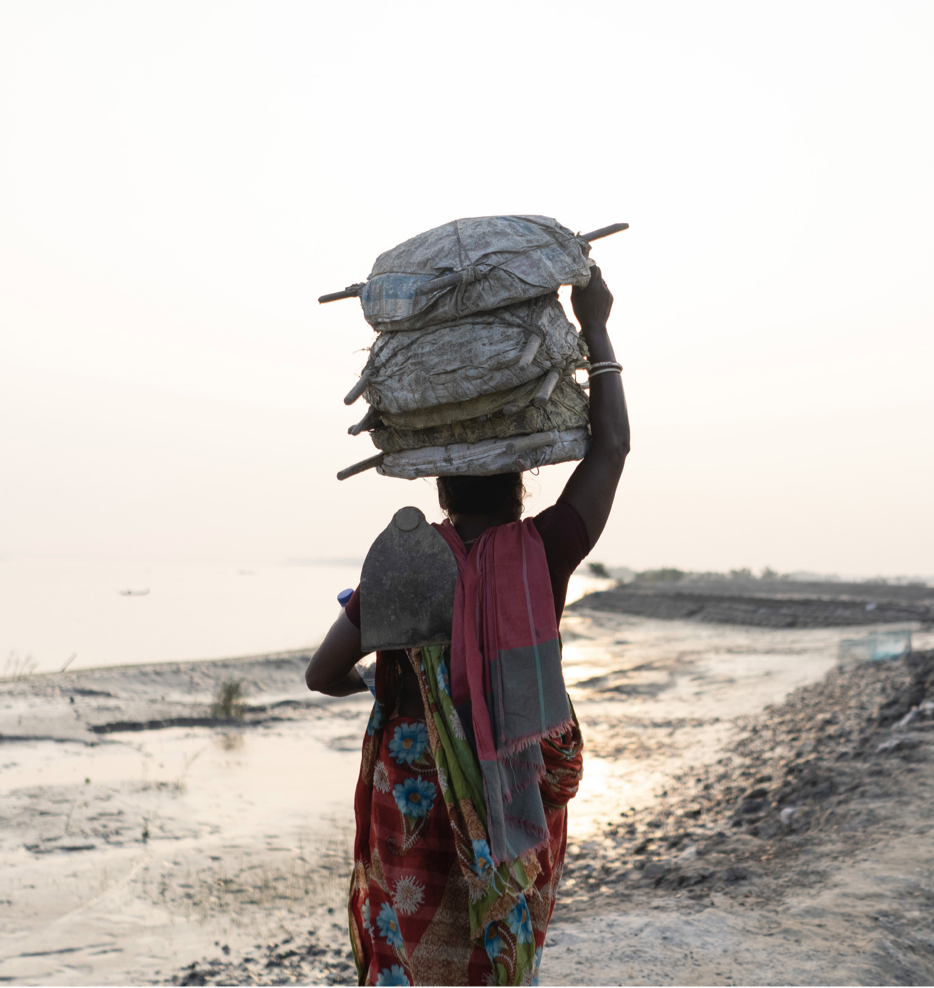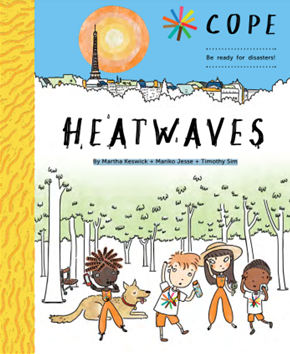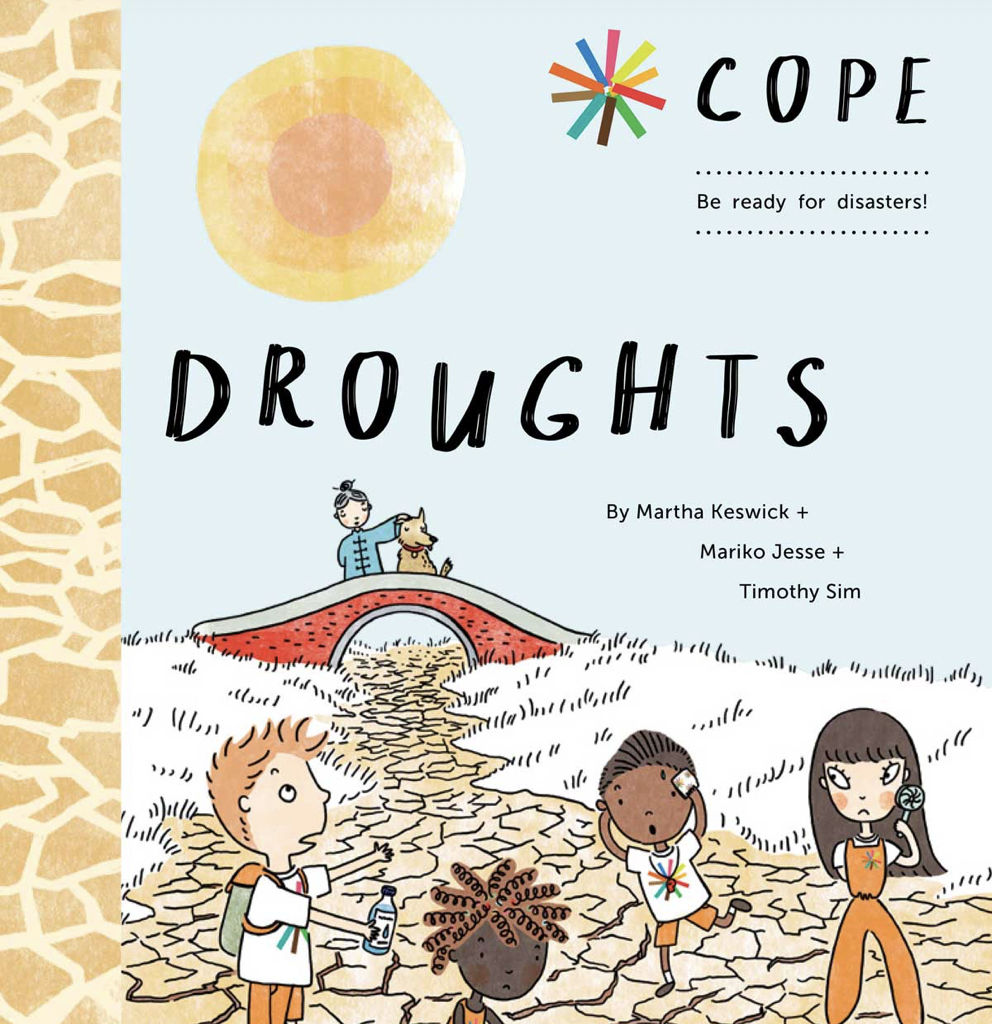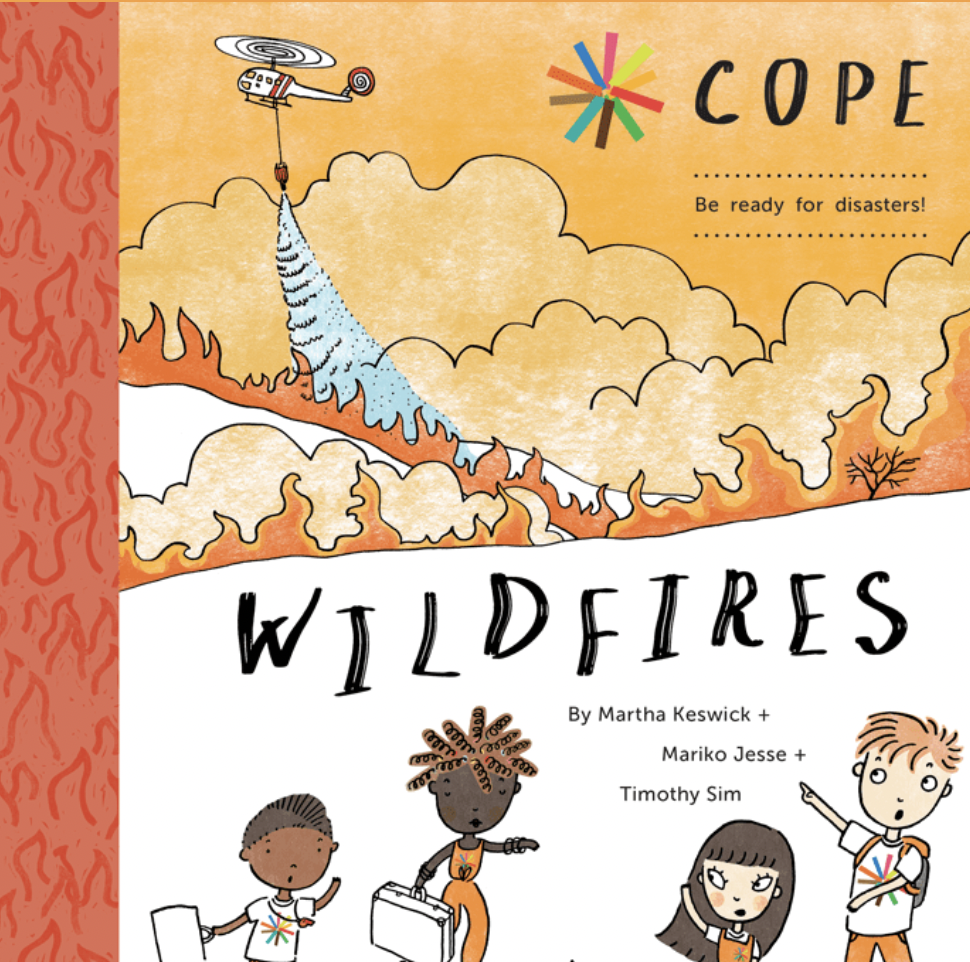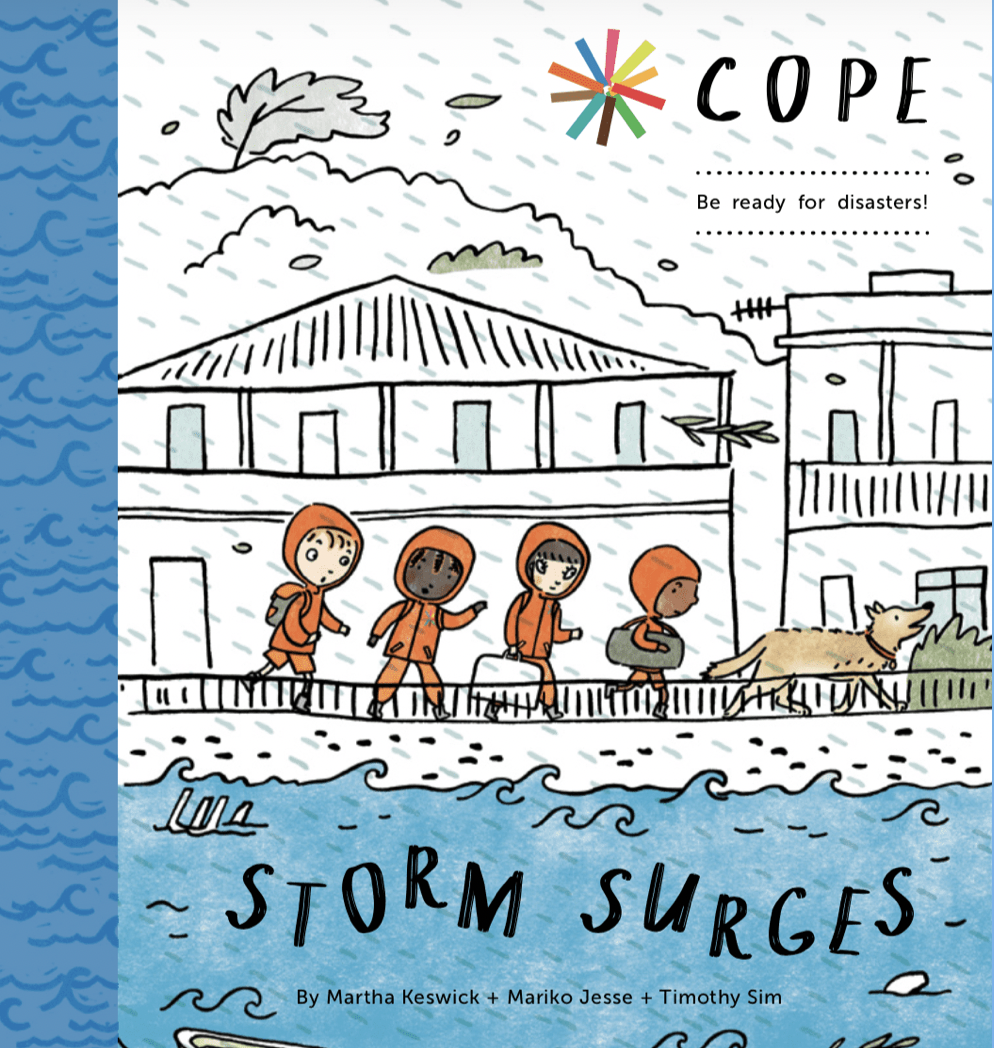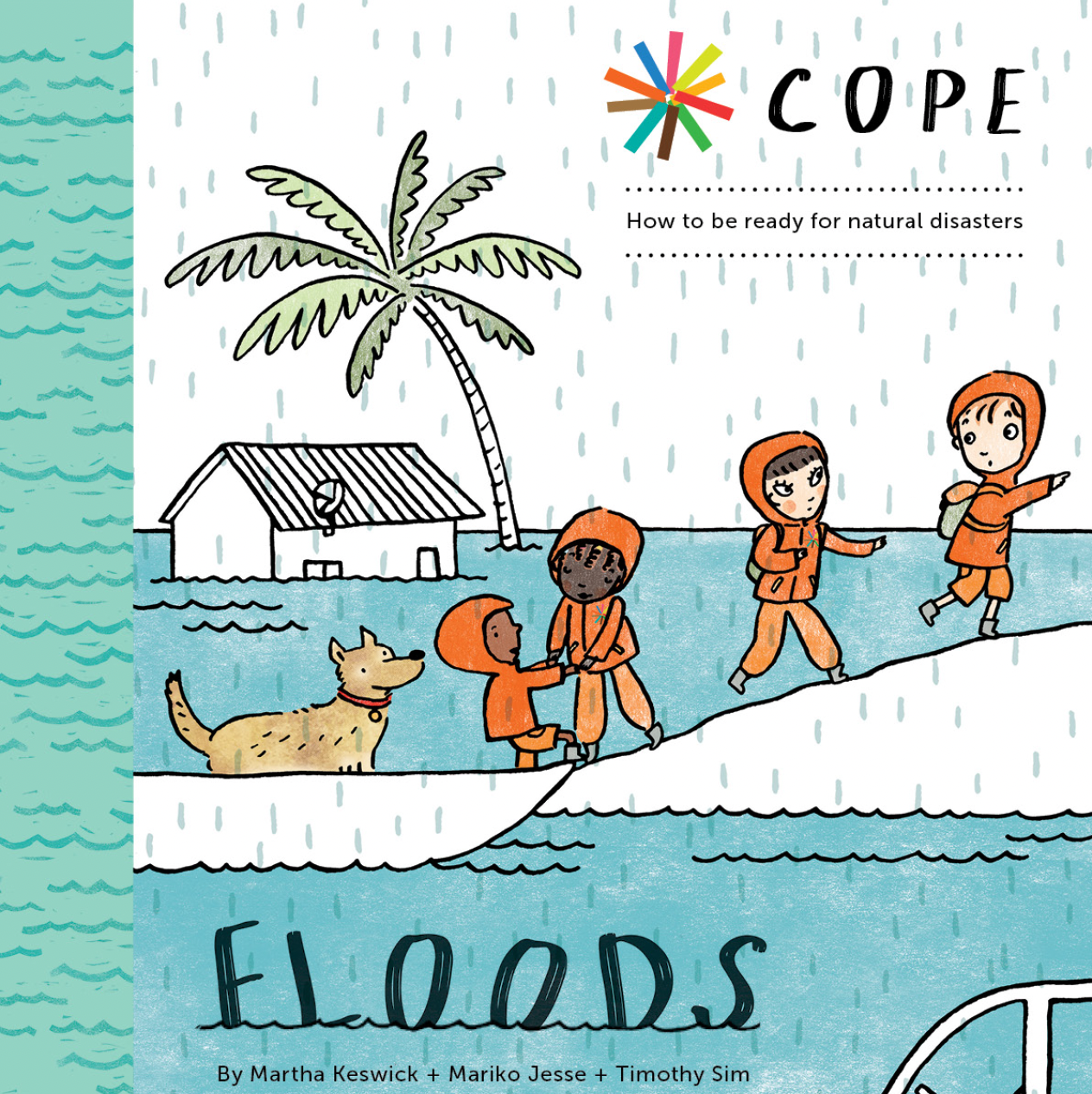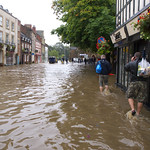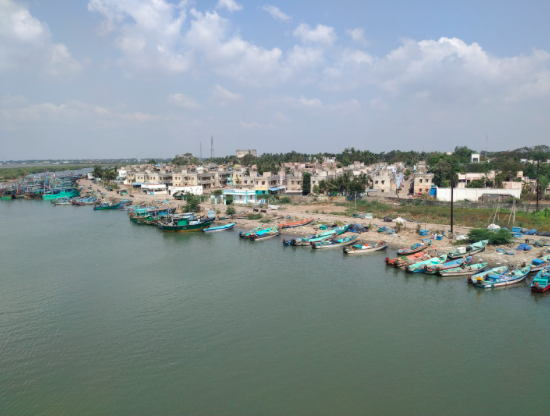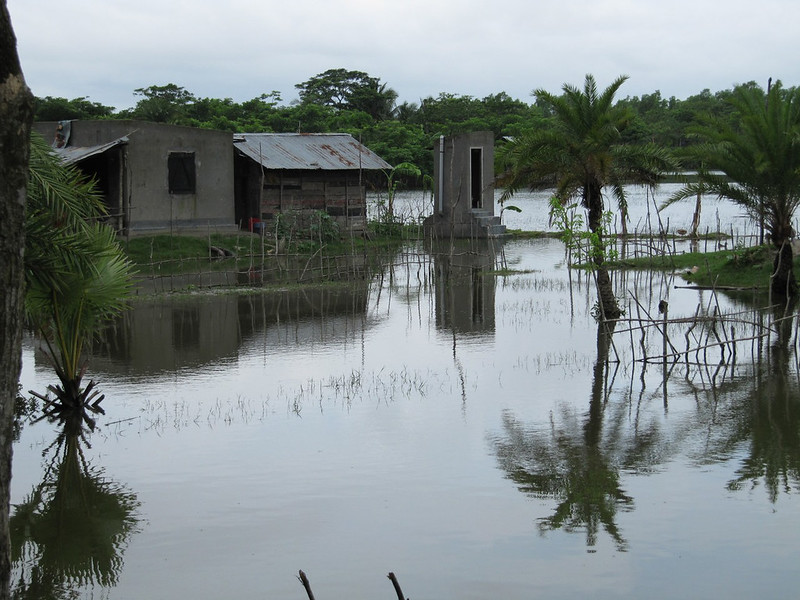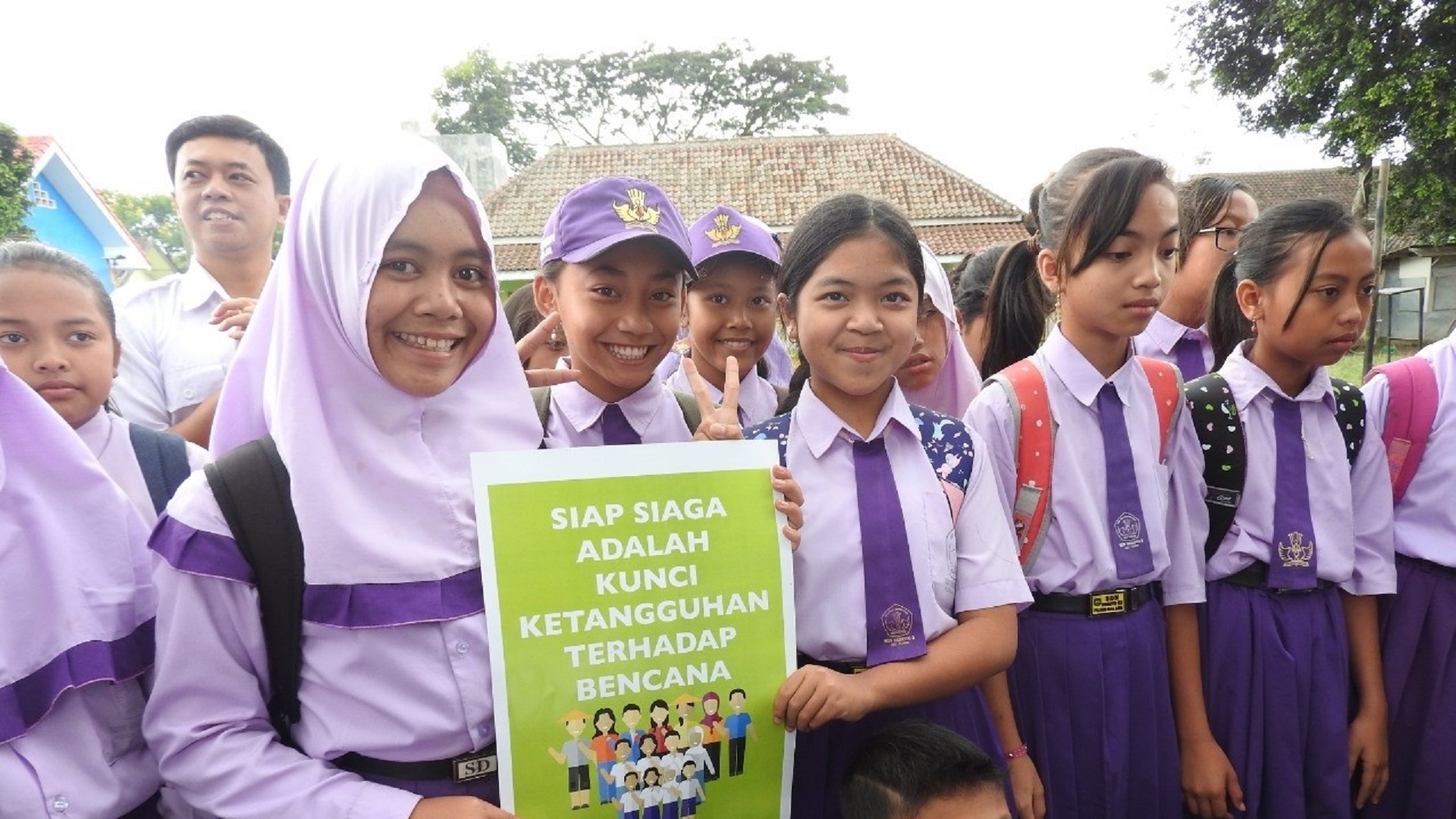disaster preparedness
Tracking Community Perspectives on Climate Resilience in Bangladesh
In 2022, Ground Truth Solutions partnered with IIED and the International Centre for Climate Change and Development (ICCCAD), to survey the opinions of more than 2,300 citizen in three areas of Bangladesh particularly vulnerable to the impacts of climate change. The aim was to understand how they perceive the quality and impact of adaptation programmes in their communities, and the extent to which they feel their views, opinions and experiences are considered in decision-making.
COPE Books for Children: Heatwaves
Learn about disaster risk reduction and heatwaves in this illustrated children's book. The COPE squad travel to the WMO HQ in Geneva, Switzerland on the way on their epic Heatwaves mission where they put their disaster risk reduction skills into action!
COPE Books for Children: Droughts
Learn about how climate change will impact droughts and how to be more prepared for them with this illustrated book for children from COPE and United Nations Disaster Risk Reduction.
COPE Books for Children: Wildfires
Learn about disaster risk reduction and wildfires with this illustrated children's book from COPE. This time the COPE Squad travel to Pretoria, South Africa, to meet experts and learn all about wildfires. They put their training to good use when called to San Francisco to help with a real Wildfire.
COPE Books for Children: Storm Surges
Learn about risk reduction for storm surges in this illustrated book for children from COPE. This time the COPE squad travels to Hong Kong and the traditional fishing village of Tai O.
COPE Books for Children: Floods
Learn about disaster risk reduction and floods with this illustrated book for children from COPE.
An essential guide to flood safety and resilience: Advice for UK homeowners
This guide, developed in partnership with the insurance sector, aims to raise flood risk awareness in the UK, and support smarter decisions on property purchases.
Recovery with Dignity
The Recovery with Dignity project aims to understand the experiences of recovery in post-disaster situations across three states in India – Odisha, Tamil Nadu, and Kerala.
2019 Asia-Pacific Disaster Report shows a region at risk and running out of time
The 2019 Asia-Pacific Disaster Report reveals an alarming new “riskscape” for the region. Members of the ICoE reflect on the findings of the report.
Prepare Children to Deal with Disaster and Climate Impacts
Children’s knowledge in climate and disaster field is a necessity. A large number of child victims during disasters shows the urgency of capacity building for children in resilience.
